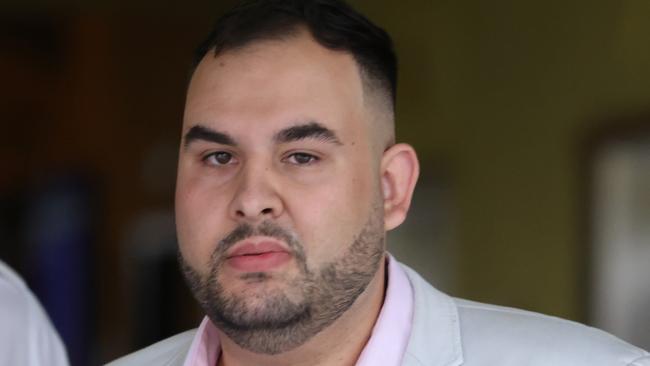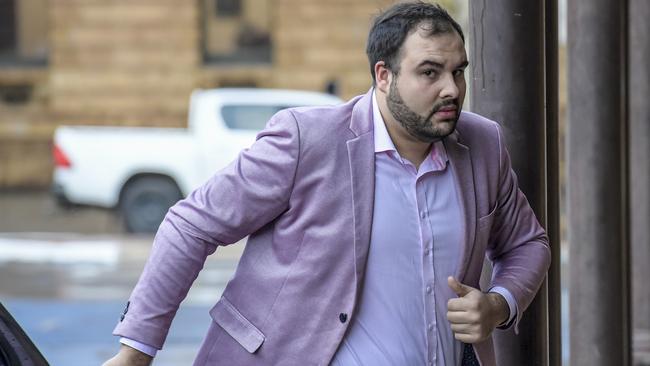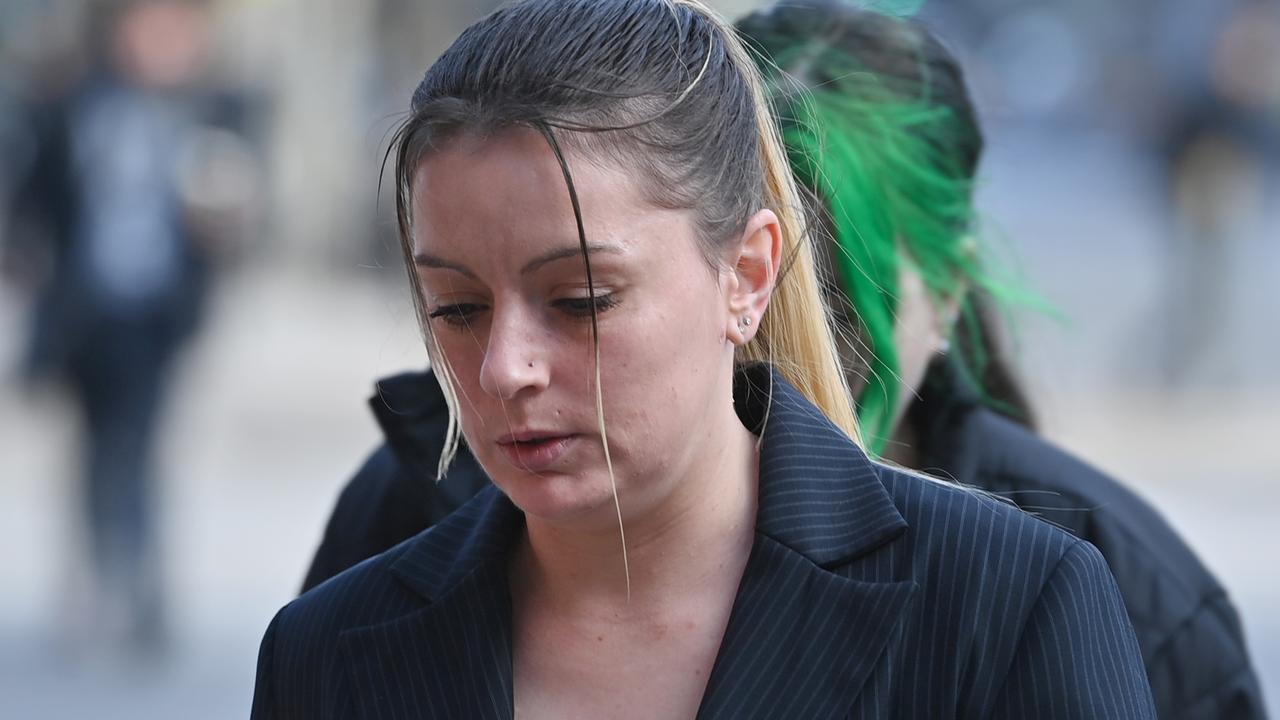DJ sex pest Nicholas Emmanuel Athans’ failed appeal sets legal precedent protecting use of Snapchat as evidence in court
A Snapchat sex pest DJ has made legal history after a failed attempt to argue the nudes he’d sent young girls weren’t crimes because they self-deleted.

Police & Courts
Don't miss out on the headlines from Police & Courts. Followed categories will be added to My News.
A disgusting DJ who used the Snapchat app to pursue underage girls for sex has failed to overturn his jail term – and brought state law into the 21st century at the same time.
Nicholas Emmanual Athans – owner of “Yeah Hard Entertainment” – had asked the Court of Appeal to quash his conviction and 20-month prison term for teen sex crimes.
He argued that, because Snapchat photos delete themselves upon receipt, his imprisonment incorrectly arose from his victim’s memories of his “persistent” pursuit of sex.
Those memories were, he argued, “secondary evidence” and should not have been allowed because they were not “the best evidence” of an offence.

In a unanimous, precedent-setting decision, the Court of Appeal rejected Athans’ case – protecting the use of Snapchat-related evidence in future sex offending matters.
President Mark Livesey said Snapchat was a photographic medium but, in criminal law, may be better compared to face-to-face offending.
“When each complainant described what she had seen on her mobile device there was little difference, in point of principle, with the evidence that might have been given by a complainant who saw an accused expose himself ‘in person’,” he said.
“The same might be said of a case where a sexually explicit image was produced in sand, or on a form of paper or other media that disintegrates … nothing permanent remains.
“The description from memory of what was seen before the image disappeared or disintegrated may properly be said to be both relevant and admissible evidence, the best evidence that remains, of the offending.”

Athans, 26, of Ridleyton, was found guilty at trial of four counts of procuring a child to engage in, or submit to, sexual activity between 2016 and 2017.
He propositioned his victims, some as young as 14, offers of free tickets and access to adults-only venues, and exchanged indecent images via the app.
His pleas for a home detention sentence, based on a “debilitating” facial paralysis and youth, were not accepted by the court.
In its written judgment, the court noted the law had kept pace with technology many times in the past, permitting the use of photographs, tape recordings and video as evidence.
The concept of “best evidence”, it said, dated back to the time of handwritten documents and sought to protect the legal weight of an original or sealed copy.
President Livesey said Athans’ case went one step further.
“Not merely (was) there was no permanent, ‘original’ record of each snap, but (the offence) was in part the fact each complainant viewed sexually explicit snap images,” he said.
“Whilst viewing each snap, each complainant was a direct witness to the offending.”





